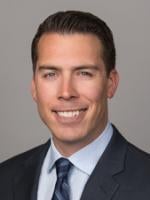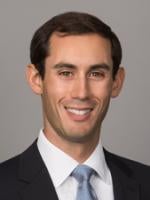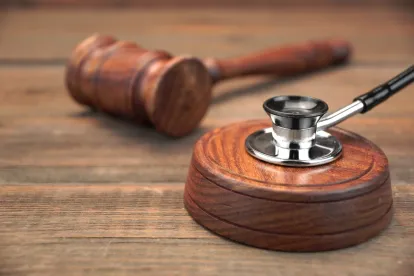In July, we reported on Attorney General Sessions dismantling DOJ’s Health Care Corporate Fraud Strike Force. On July 25, Sandra Moser, acting chief of the DOJ’s Fraud Section, announced a partnership between the Health Care Fraud Unit’s Corporate Fraud Strike Force and Foreign Corrupt Practices Act (“FCPA”) prosecutors. Together, these moves signal DOJ’s reorganization to ensure health care companies are held accountable to the standards of the False Claims Act and the FCPA, and, at the same time, free-up prosecutors at Main Justice to focus on Sessions’ priorities of cracking down on drugs, violent crime, and illegal immigration.
DOJ’s latest move to coordinate the health care fraud enforcement mission with FCPA efforts is not novel—it simply creates an efficient partnership to encourage U.S. health care companies to adopt and follow anti-corruption best practices. Speaking at last month’s Global Forum on Anti-Corruption in High Risk Markets in Washington, D.C., Moser highlighted the intersection between the FCPA and the health care industry. Moser noted that, because most foreign health care systems are government run, health care companies will invariably deal with public officials when engaged in business overseas and must ensure that executives and lower-level employees act appropriately to avoid potential FCPA liability.
Citing the need to draw from all necessary DOJ resources to effectively prosecute global health care fraud, Moser pointed to several recent resolutions that DOJ has reached with major pharmaceutical companies to resolve FCPA and domestic bribery charges. These resolutions include a December 2016 deal reached with Teva Pharmaceuticals, which paid $519 million dollars to resolve charges over FCPA violations in Ukraine, Mexico and Russia.
Moser announced that FCPA prosecutors and the Health Care Fraud Unit Corporate Strike Force will formalize this cooperation into a unified effort to jointly investigate and prosecute foreign and domestic bribery in the health care industry. Although there had been some level of cooperation between the two on a case-by-case basis, this new arrangement will likely lead to increased DOJ scrutiny into the foreign business dealings of health care companies. The Health Care Corporate Fraud Strike Force and FCPA prosecutors’ partnership will streamline government efforts to crack down on FCPA violations and signals to the health care industry that, like all companies conducting substantial overseas business in countries with corruption risk, health care companies should ensure that effective safeguards are in place to prevent their employees, subsidiaries and foreign agents from running afoul of the FCPA.
Both DOJ and HHS-OIG have released resource guides on combating fraud this year. Corporate executives and compliance departments should refer to DOJ’s Evaluation of Corporate Compliance Programs for baseline standards and questions to consider when developing or re-assessing a corporate compliance program. Health care companies should also design compliance programs, training, and internal controls to prevent FCPA violations and detect them early enough to stop or mitigate the extent of the violation.
The issue of self-reporting takes on added emphasis with the coordination between health care and FCPA. During her speech, Moser promoted DOJ’s recently introduced FCPA Pilot Program and much better outcomes for companies who voluntarily disclosed violations (self-reporting companies obtaining either a declination with disgorgement of illicit profits, or a non-prosecution agreement with a 50% reduced fine) compared with those that did not (80% of the cases against these companies were resolved through guilty pleas or deferred prosecution agreements, none received more than a 25% guidelines reduction, and most had a monitor appointed).
Health care companies are now on alert that, even though Sessions has been focused on prosecuting drugs, violent crime, and illegal immigration, DOJ will continue to put energy and resources towards its anti-corruption enforcement efforts, particularly in the health care industry.






 />i
/>i
